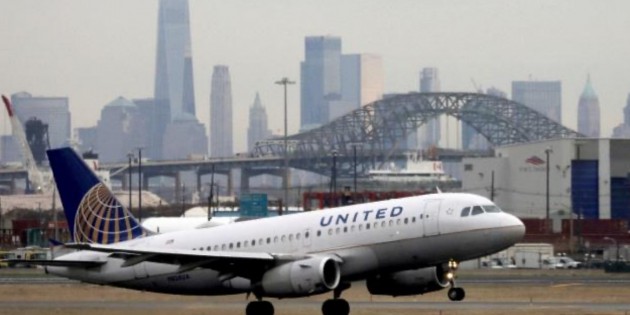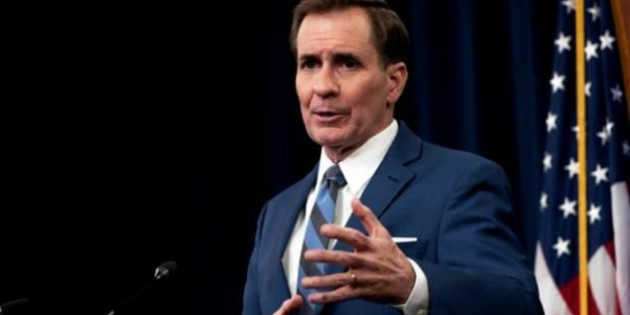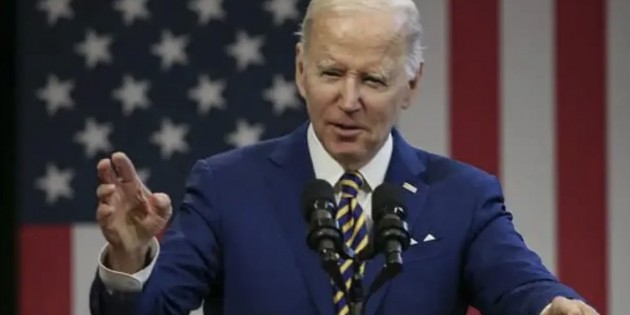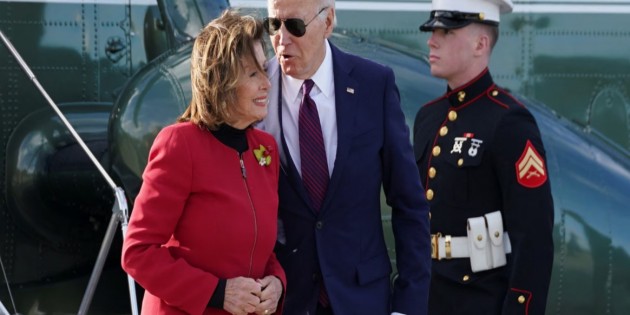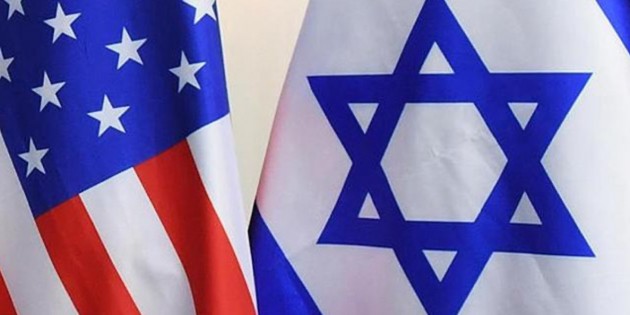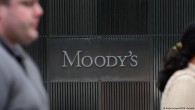A Deal on Drug Prices Undone by White House Insistence on ‘Trump Cards’
WASHINGTON — After months of heated accusations and painstaking negotiations, the White House and the pharmaceutical industry neared agreement …

WASHINGTON — After months of heated accusations and painstaking negotiations, the White House and the pharmaceutical industry neared agreement late last month on a plan to make good on President Trump’s longstanding promise to lower drug prices.
The drug companies would spend $150 billion to address out-of-pocket consumer costs and would even pick up the bulk of the co-payments that older Americans shoulder in Medicare’s prescription drug program.
Then the agreement collapsed. The breaking point, according to four people familiar with the discussions: Mark Meadows, Mr. Trump’s chief of staff, insisted the drug makers pay for $100 cash cards that would be mailed to seniors before November — “Trump Cards,” some in the industry called them.
Some of the drugmakers bridled at being party towhat they feared would be seen as an 11th-hour political boost for Mr. Trump, the people familiar with the matter said.
White House officials insist they didn’t plan to emblazon the president’s name on the cards, which they envisioned sending to tens of millions of Americans to use for prescriptions. Mr. Trump, of course, has a long history of branding everything from skyscrapers to stimulus checks.
Regardless, one drug company executive said they worried about the optics of having the chief executives of the country’s leading pharmaceutical makers stand with the president in the Rose Garden as he hoisted an oversized card and gloated about helping a crucial bloc of voters.
“We could not agree to the administration’s plan to issue one-time savings cards right before a presidential election,” said Priscilla VanderVeer, the vice-president of public affairs at PhRMA, the industry’s largest trade group. “One-time savings cards will neither provide lasting help, nor advance the fundamental reforms necessary to help seniors better afford their medicines.”
For two powerful political forces that have often been at odds over the last four years, the prospect of a bargain offered coveted public relations victories. The pharmaceutical industry would get to project public spiritedness in the midst of a pandemic, while Mr. Trump would be able to deliver an immediate, long-promised benefit to voters over 65, with whom he is faring considerably worse in polls today than he did in 2016.
Now neither side can claim bragging rights.
White House officials pointed a finger at PhRMA, maintaining that divisions in industry ranks over the financing of the agreement undermined negotiations. That’s precisely what Mr. Meadows told the trade group last month he would say if they did not reach a deal, according to a PhRMA email at the time.
Judd Deere, a White House spokesman, would not comment specifically on the savings cards.
But he noted that Mr. Trump had held back on an executive order the industry fiercely opposed, which would tie some drug prices to the prices paid by other countries — called ‘most-favored nation’ drug pricing. Now the president is poised to link the prices that Medicare pays for drugs administered in doctors’ offices to those paid even by social democracies in Europe.
“President Trump is working to ensure American patients are no longer forced to pay outrageously higher drug prices than those in other countries,” Mr. Deere said. “President Trump signed four executive orders earlier this summer. However, he did not release the final executive order on ‘most-favored nation’ drug pricing, giving drug companies a month to come up with a counterproposal. Negotiations did not produce an acceptable alternative, so the President is moving forward.”
It appears, then, the industry will have confront the executive order it hoped to avoid.
Last Sunday, Mr. Trump released the order, which calls for the establishment of pilot programs tying some Medicare drugs to prices abroad. They are unlikely to be established before the election, and the industry is almost sure to file suit in response.
“The administration has chosen to pursue the most favored nation policy — an irresponsible and unworkable policy that will give foreign governments a say in how America provides access to treatments and cures for seniors and people struggling with devastating diseases,” said Stephen J. Ubl, who heads PhRMA.
Mr. Meadows’s gambit illustrates the extent of the last-minute scramble by White House officials to score political victories ahead of November.
With the president’s response to the coronavirus widely criticized, the White House has grasped for other ways to impress voters. In recent days, Mr. Trump has extended a ban on offshore oil drilling off the coast of Southern states, unveiled a multibillion dollar aid package for hurricane-ravaged Puerto Rico, some of whose residents have migrated to must-win Florida, announced another $14 billion in aid to farmers and plunged into Middle East peacemaking.
Some officials in the drug industry, though, said they found it mystifying that Mr. Meadows would play what they saw as political hardball with some of the same private-sector companies that Mr. Trump is pressuring to deliver the October surprise he craves the most: a coronavirus vaccine.
“We could conceivably have vaccines being given out by numerous companies, and they’re all world-class companies, they’re fantastic companies,” Mr. Trump told reporters Wednesday, singling out Johnson & Johnson, Pfizer and Moderna as he contradicted his health care advisers and asserted a vaccine could be widely distributed next month.
Even more puzzling is why the White House would not have taken a victory in hand that would have let the president extol his negotiating skills and crow about delivering for seniors.
Instead, they unveiled an executive order on a weekend that drew little coverage and is far harder for people to grasp than industry-subsidized cost relief for consumers.
“It’s objectively imprudent,” said Liam Donovan, a Republican strategist. “But when you need to change the trajectory of the race, you have to be willing to take risks.’’
In public, Mr. Trump and his campaign have targeted the drug industry. They aired a commercial over the summer lashing “greedy drug companies.” And the president himself has repeatedly complained about the high cost of prescription drugs.
“Big Pharma (Drug Companies) are advertising against me like crazy because lower prices mean less profit,” he wrote on Twitter at the end of July. “When you watch a Fake Ad, just think lower drug prices!!!”
But while Mr. Trump was venting on Twitter, his aides were declining to implement his executive orders on prescription drug prices because they wanted to see if they could negotiate a more sweeping deal with the industry.
When the eventual, and tentative, agreement fell apart, Mr. Meadows told Mr. Ubl how the White House would proceed.
In an Aug. 28 email, read to The Times by an industry official, Mr. Ubl outlined to the PhRMA board of directors what Mr. Meadows had told him the White House would do if the drug companies refused to to pay for the drug card.
In addition to the “most favored nation” executive order, Mr. Ubl said Mr. Meadows would convey to the news media — what he termed “external messaging” — that the two sides came close to a deal but that PhRMA walked away because of dissent within the industry over sharing costs.
PhRMA declined to comment on its internal email.
But other industry officials said that, while not every drug company was enthusiastic about defraying the costs of co-payments, the companies had collectively reached accord and were willing to spend the money. It was the insistence on the cards, they said, that torpedoed the agreement.
On a Sept. 2 phone call between Mr. Ubl and the drug company chief executives that make up the PhRMA board, the deal collapsed. They would not agree to go forward with the card.
Some on the board were uneasy with the concept because they did not think it was sound policy. Others in the industry had concerns about the costs. But where there was broad consensus was that it was inappropriate to help create such cards that close to an election.

